Photo: Poster from the joint "Vaccine Internationalism campaign" with Cuba
Click to read the article in Turkish
Progressive International, alongside incorporating powerful South American political figures and organizations, relying on a north-south dialogue during Latin American left's electoral victories, it has been instrumental in mediating between the left, democratic forces of North America and Europe and the left forces of Latin America and played an active role in organizing delegations and solidarity expeditions.
David Adler, General Coordinator of Progressive International, was in Latin America all this time. We talked about this continental process and the new internationalist wave with David.
We are publishing the third part of the three-part interview.
* * *
Obviously, the right forces, most visibly in Brazil, Colombia, Chile, and Peru depending on their relative strength in the legislative assemblies will be seeking to block the left's way in executing their progressive programs. Will the Progintl assume a particular role in gathering international support for solidarity with Latin America and be their voice in other parts of the globe - particularly in Europe and in North America?
David Adler: Progressive International operates primarily on a South-North axis: led by the progressive forces of the Global South, mobilizing the solidarity of the Global North. In this sense, the ambition is to serve the needs and advance the priorities of Latin America's left forces, as well as those across Africa, Asia, and the 'Third World' at large. To do so, Progressive International calls on allies in places like Europe and North America — parliamentarians, activists, journalists, and scholars — to act in solidarity with their fellow members organizing in the South. Whether in trade deals, climate negotiations, or international criminal trials, it is only this global coalition that effectively serves the needs of Latin America's peoples at the international level.
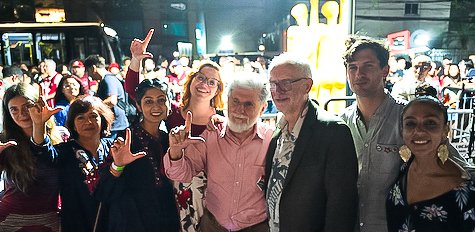 |
| Progressive International delegation in Lula's presidential election campaign: (from left) Laura Alvarez (Peace & Justice Project), Zarah Sultana MP, Aline Piva (Progressive International), Celso Amorim (Brazil) Former Foreign Minister), Jeremy Corbyn MP, David Adler, María Luisa Ortega (Progressive International) |
Further, the left on the other parts of the globe would of course like to know what the enigma behind this chain of success stories was. Therefore the Progintl is expected to provide an analytical explanation of this continental upsurge and draw lessons for the left forces, particularly for those countries with similar social and historical characteristics with that of Latin America -such as Turkey, India, Philipinnes, Indonesia, Egypt, Iran, etc. Could Progintl help organize international debates and forums for learning from and sharing the Latin experience, revealing what is new in these experiences, organizationally, politically, theoretically, and even methodologically?
Progressive International will host its first global summit in Latin America next year, with a location to be announced in the coming weeks. The Summit will call on members from around the world to come together to share their strategies, tactics, and anecdotes from the field to order to learn from the successes — and the failures! — of the Latin American left. And it will call on that same global coalition to build a common plan of action that ensure stronger coordination of the left not only in Latin America, but across the world. As such, the Summit hopes not only to mark a leap forward in the strength, cohesion, and capacity of the Progressive International, but also a great historical moment for internationalism in the twenty-first century following the experiment of the World Social Forum.
What has been the position of Cuba during this great upheaval in Latin America, where once Che Guevara had attempted at igniting a chain of revolutions under the slogan "...two, three, more Vietnams"? In a way, Che's dream seems to have been coming to life in a protracted and hybrid process that has extended over four decades. However, Cuba's role seems more of an observer than a vanguard during the last decades. Do you think that Progintl may play a role in bringing the new forces in power with the Cuban communists for a thorough reconsideration of the lessons of the struggles for peoples' liberation in the last four decades?
One cannot explain the evolving role of the Cuban Revolution without articulating the impact on the criminal 60-year-old blockade by the neighboring United States. The soul of the Cuban Revolution remains steadfastly internationalist: now, as then, Cubans dispatch from the humble islands scores of trained doctors to the poorest corners of the continent and the world at large to provide basic healthcare where no hospitals – often no running water – have been built.
The fall of the Soviet Union, however, put tremendous strain on the Cuban Revolution by leaving it completely isolated in the Western Hemisphere. Such is the goal of the US blockade: to foment hunger and incite counter-revolution by blocking all trade, finance, and development support to Cuba from the so-called 'international community — even when as we saw in the UN vote this year, the world remains united in its opposition to the blockade: 185 nations against just two (USA and Israel) defending the blockade.
These external constraints have not only limited Cuba's material capacity to serve as the 'vanguard' in the Latin American left. They have also created political distance between the Cubans and other new projects that either prefer not to provoke the US government or genuinely believe its propaganda about Cuba's limits on 'political freedoms.'
The challenge, then, is to reintegrate the forces of the Latin American left, to heal the wounds inflicted by US intervention and 'hybrid warfare' that aim to divide and conquer the territories in its 'backyard.' Progressive International has a fundamental role —and a fundamental responsibility —to contribute to this process of reintegration, to rebuild the ties of solidarity, and to recover the lessons of the Cuban Revolution for so many other peoples across the region and around the world.
(AEK)




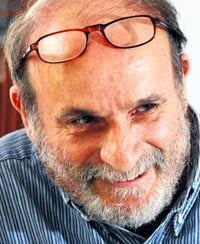
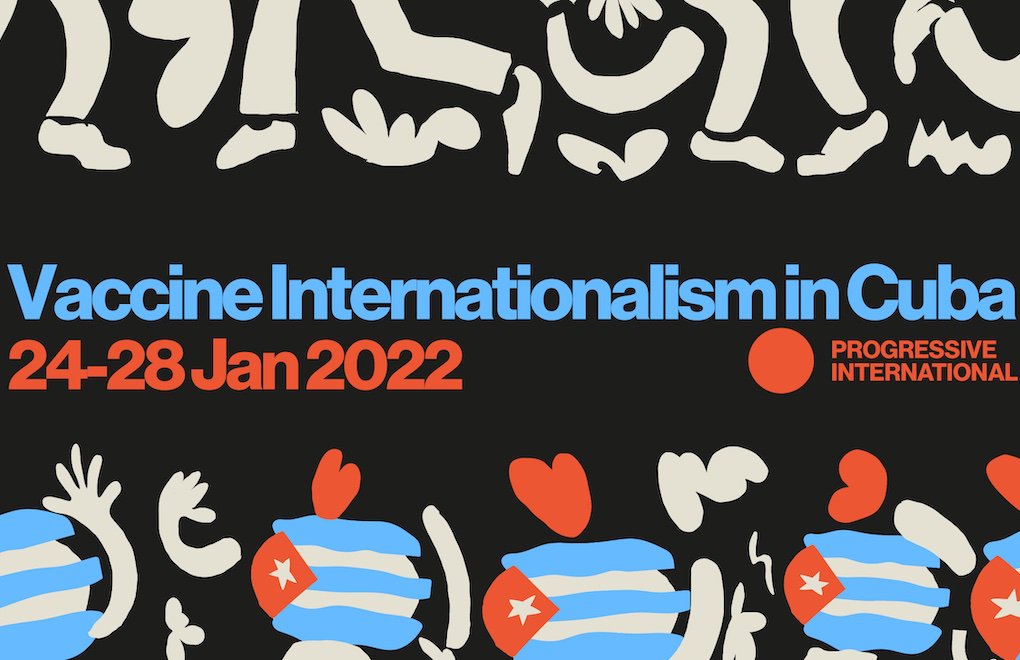
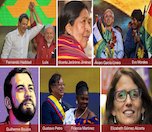
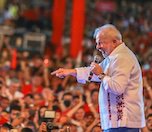
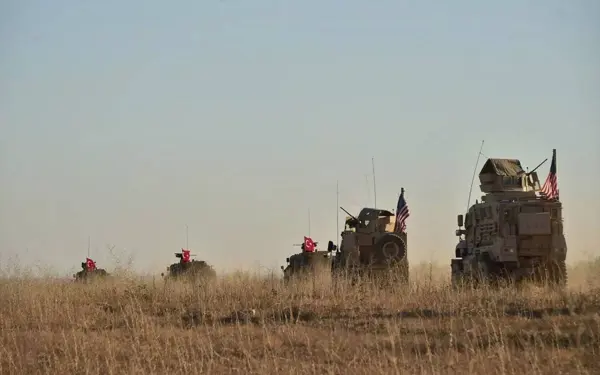
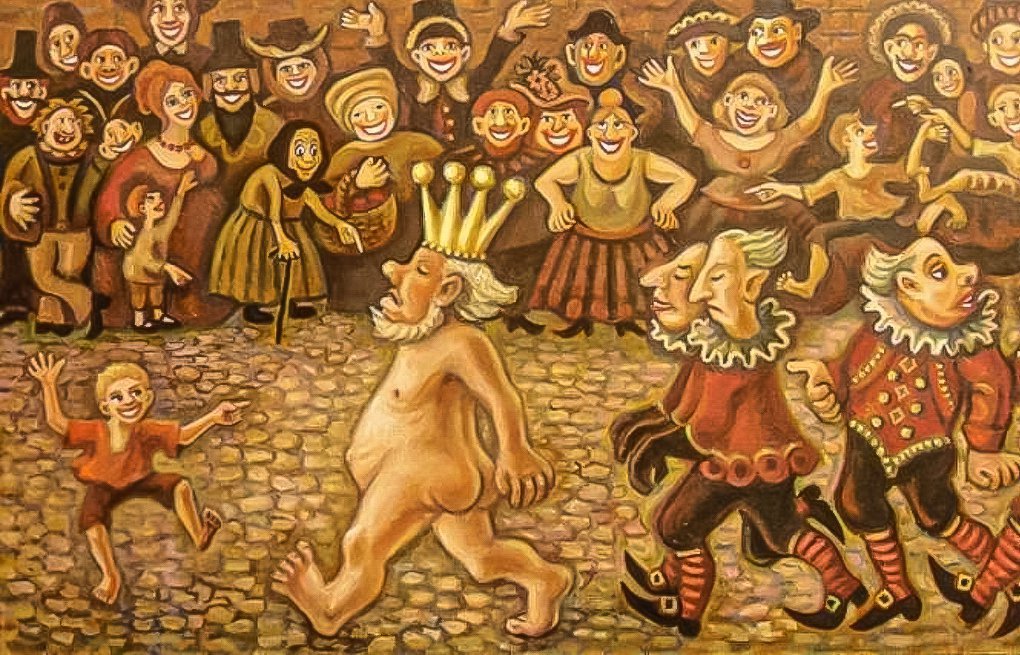
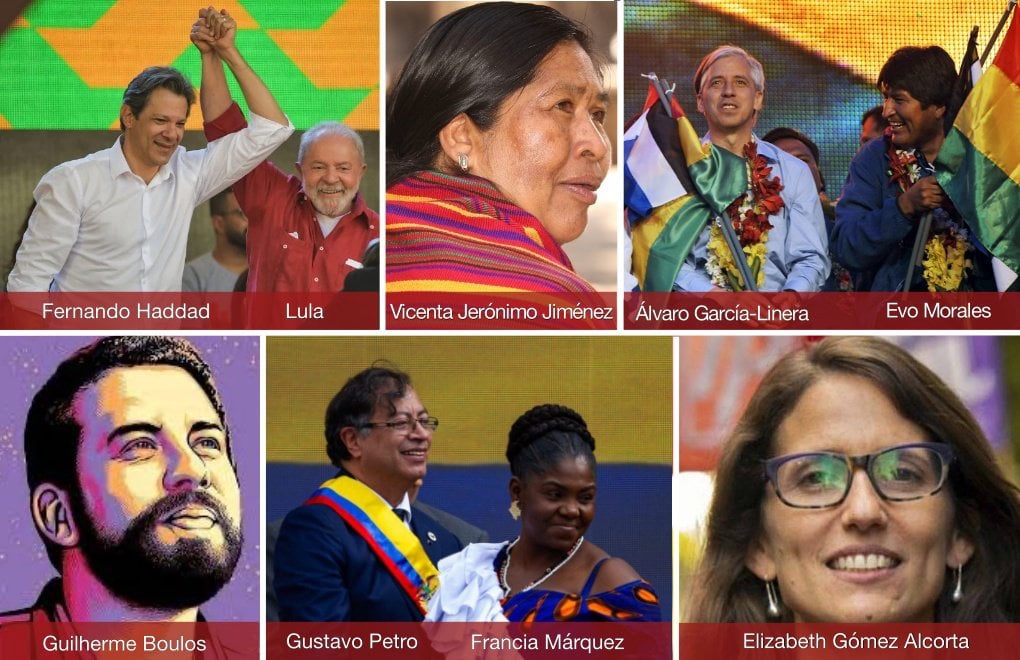
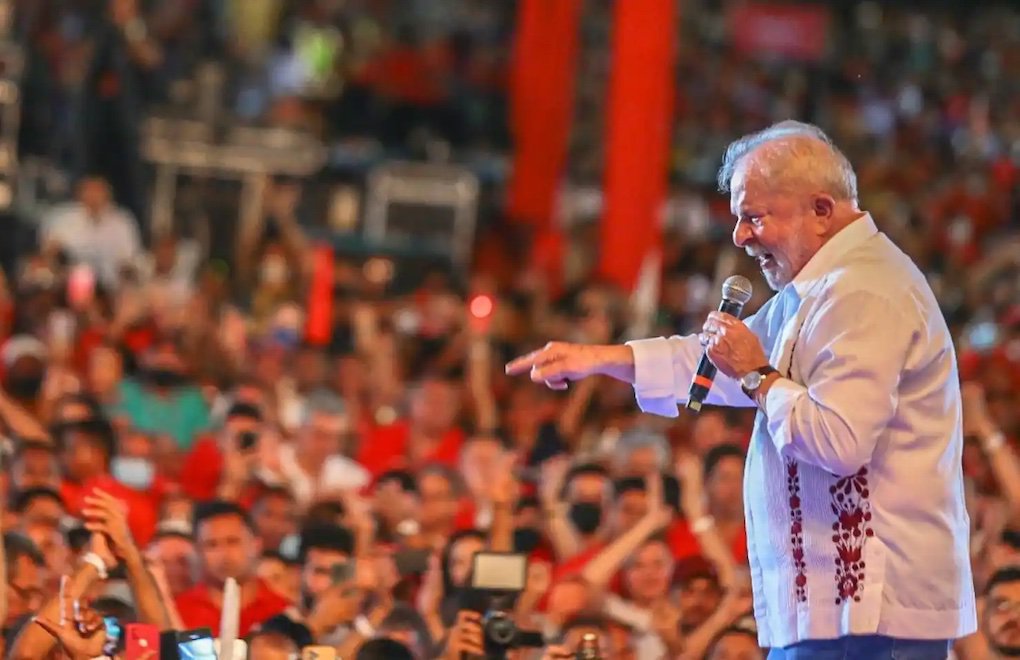
.jpg)